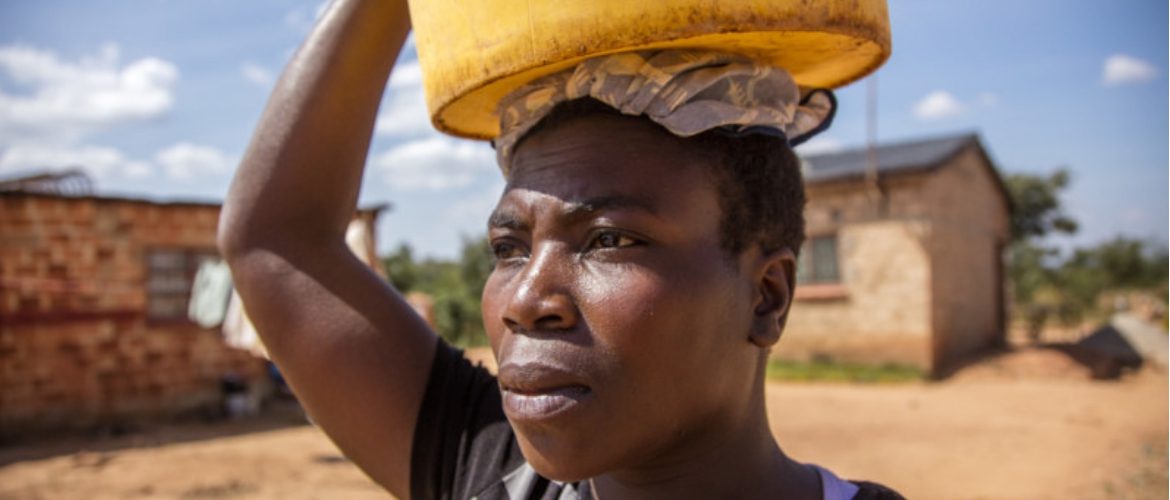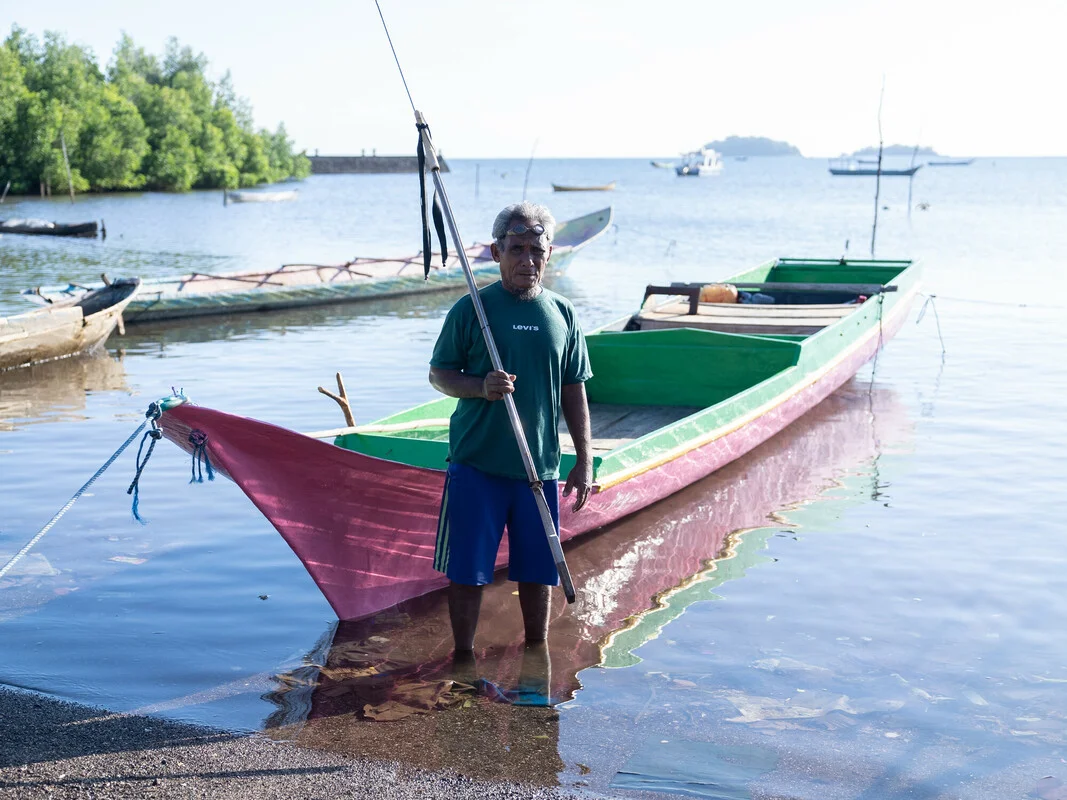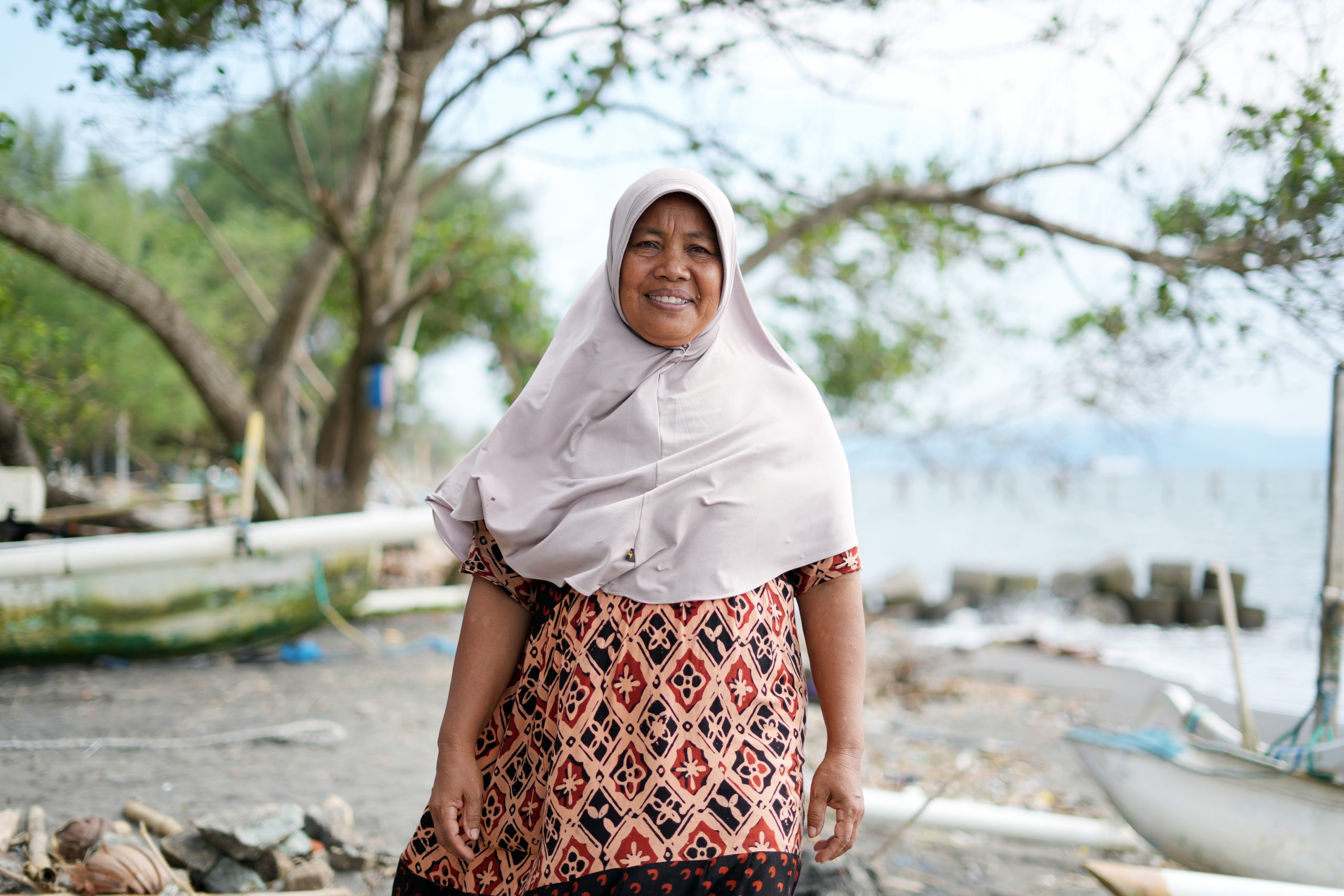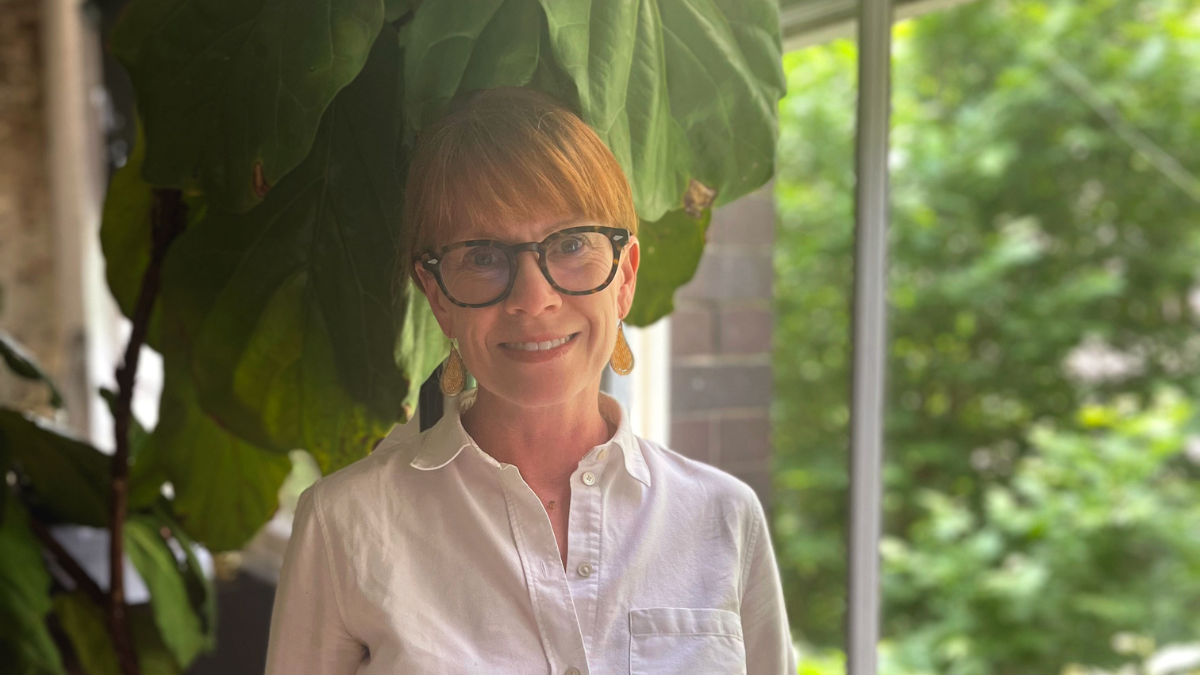“We think about a lot as parents. We constantly wonder if our children will get sick and even sometimes die. Of course no-one loves death. Our hearts are deeply troubled because they don’t even bath sometimes because there is no water. The life of a human being consists — among other things — of bathing and being hygienic. So all those things are not nice for a parent to worry about.”
– Priscilla (pictured), mother of six in Lusaka, Zambia
Many parents the world over fear for the health of their children, but mothers like Priscilla are given extra cause.
She lives in a community in Zambia that does not have access to clean water, very little in the way of sanitation services, and where poverty is widespread.
Because they do not have access to clean water, outbreaks of waterborne disease like typhoid and cholera are common in Priscilla’s community, exacerbated by the lack of sanitation services. In fact, in peri-urban communities like hers, 70% of the population is exposed to polluted water sources simply because they have no proper way to dispose of their waste.
And with no running water at home, Priscilla is forced to spend six hours a day just to collect cloudy, murky water from a scoop well in the ground.
“I wake up around 5am. I start with fetching drinking water because if you don’t start with the water then you won’t have any water at home.”
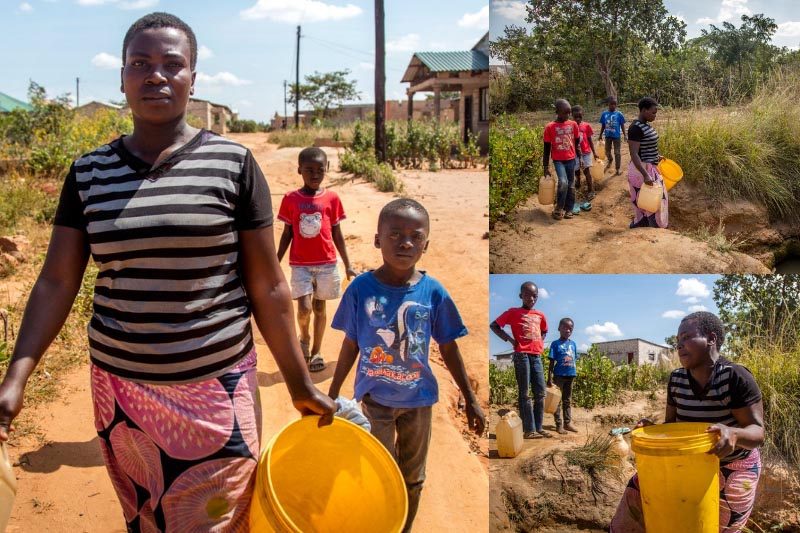
Priscilla collecting water with her children.
Water is essential for survival, so Priscilla has no choice but to give her children the dirty water she gets from the well, and risk them falling ill.
I worry about the safety of my children drinking this kind of water.” — Priscilla
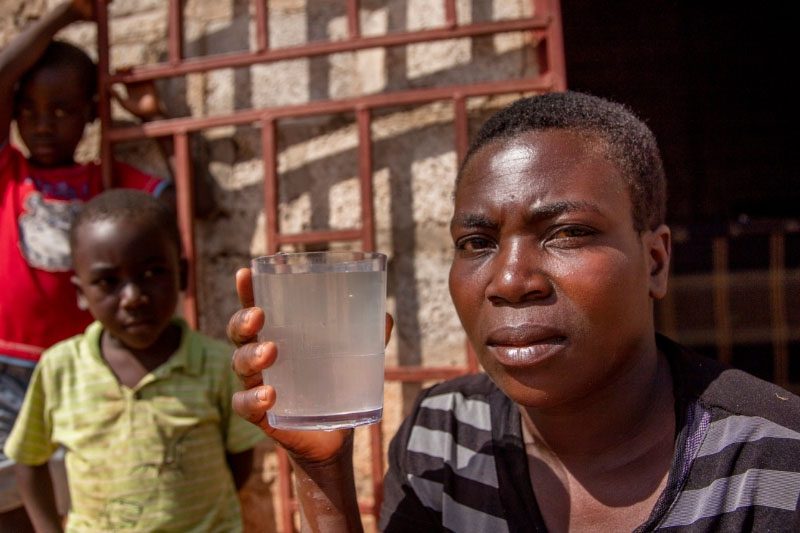
Not surprisingly, the children do often get sick with diarrhoea. Tragically, in Zambia diarrhoea is the third largest killer of children under the age of five.
“We constantly wonder if our children will get sick and even sometimes die,” she says. “We fail to sleep because we are just worrying about water.”
Like any mother, Priscilla just wants her children to thrive and grow up healthy and strong.
“We desire that our children don’t suffer with water like we do now ourselves. They should live well and have water that will not make them sick.”
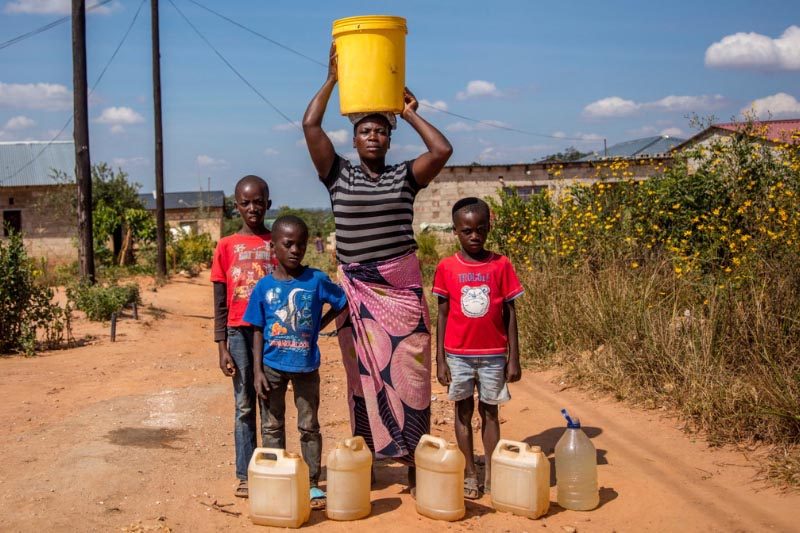
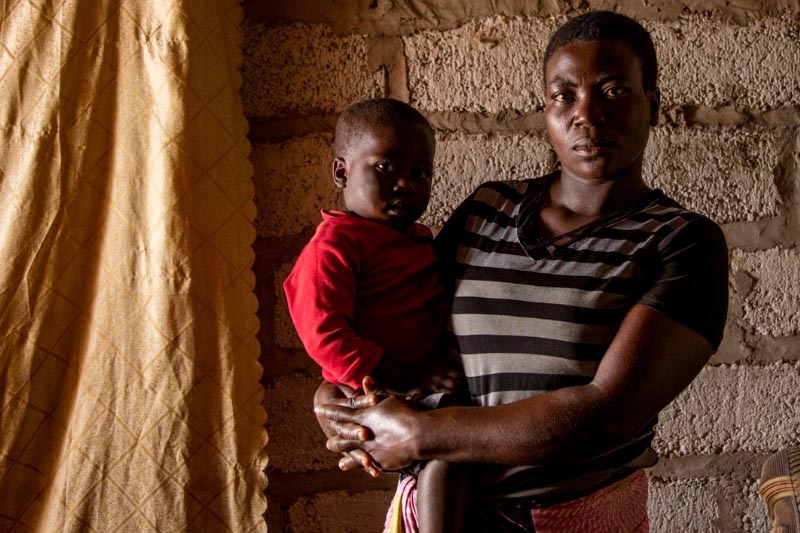
Imagine if they had clean water, and could access it from a tap in their village or home?
Their lives would change forever.
Water is what we want the most and it will be greatly appreciated.” — Priscilla
Together, we can provide vulnerable families like Priscilla’s with the clean water and sanitation they need to stand strong against deadly waterborne disease.
Soon it will be rainy season in Zambia, where heavy rains wash waste into water supplies, driving up the risk of a deadly cholera outbreak. There is not a moment to waste. Please consider an urgent gift to help protect families from cholera this festive season.
Photos: Georgina Goodwin/OxfamAUS

Donate today to help save lives from cholera
Your gift can help provide access to clean water and sanitation for families in Zambia before cholera season hits.
